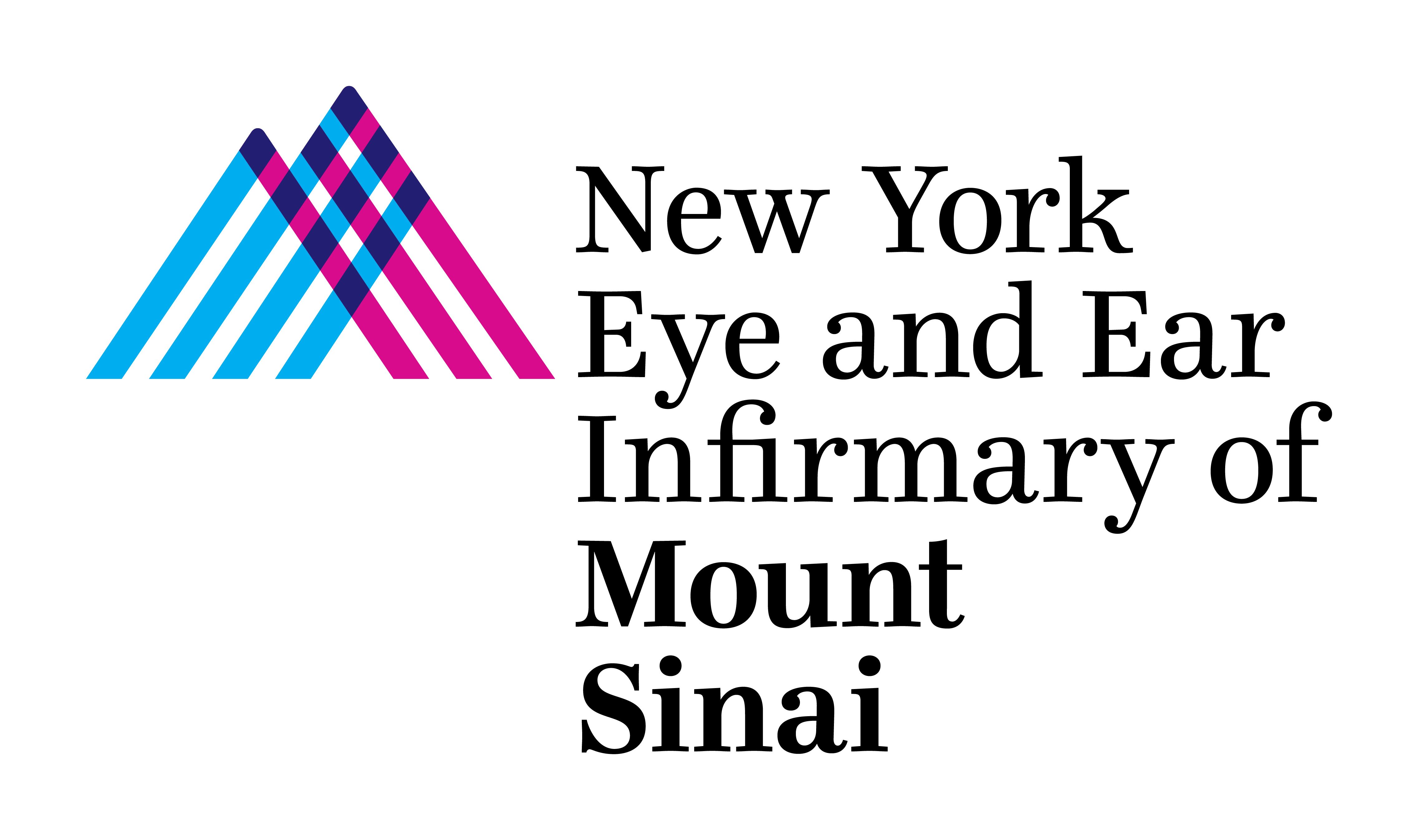
Richard Rosen, MD, honored with distinguished award from ASRS

Key Takeaways
- Richard B. Rosen was honored with the 2024 ASRS Founders Award for his contributions to vitreoretinal surgery and research.
- Rosen's Founders Lecture focused on using advanced imaging techniques to detect subclinical sickle cell activity.
The professor was recently given the award for his contributions to advancing vitreoretinal surgery, treatment, research, and patient care.
Richard B. Rosen, professor of ophthalmology at the Icahn School of Medicine at Mount Sinai, was honored with the American Society of Retina Specialists’ (ASRS) Founders Award for 2024. He received the award at the 42nd annual meeting in Stockholm, Sweden, during a commemorative ceremony.
Rosen was given the award for his significant contributions to the advancement of vitreoretinal surgery, treatment, research, and patient care, as well as for his dedication to ophthalmology. He is the first ophthalmologist from Mount Sinai to receive the annual award.
“I am most grateful to the nominating committee and leadership of the ASRS for this honor,” Rosen said. “I have been a member of the society since completing my retina fellowship in 1991 under the preceptorship of Dr. Thomas Muldoon and Dr. Joseph Walsh at New York Eye and Ear Infirmary of Mount Sinai (NYEE). It’s particularly gratifying to me since Dr. Muldoon was the faculty advisor to the Founders, Jerry Bovino, Roy Levit, and Allen Verne, and encouraged them to create the Vitreous Society, which eventually grew into the ASRS. Their contribution of including the wider community of retinal specialists within our country and beyond has expanded access to education, the latest treatment techniques, and professional camaraderie, which has had immense benefits for our patients, our trainees, and our profession.”
At ASRS, Rosen’s Founders Lecture centered on using dynamic OCT angiography and quad-fusion adaptive optics to find subclinical sickle cell activity, which is undetectable with traditional clinical examination. The premise was for professionals to appreciate earlier disease and subtle treatment effects as they appear in individual patients.
Currently, Rosen serves as the surgeon-director, Chief of Retina Services, vice chair of research, and director of Retina Fellowships at New York Eye and Ear Infirmary (NYEE). Throughout his career, he has created one of the most advanced ocular imaging centers in the US, which uses novel technologies to explore the vascular basis of retinal diseases like diabetic retinopathy, macular degeneration, glaucoma, and retinal trauma. It also is used to examine the retina at a cellular level.
He also helped develop the first combined en face optical coherence tomography (OCT)/confocal scanning laser ophthalmoscope instruments, which were the forerunners of today’s non-invasive OCT angiography systems. This fostered the translation of other novel imaging systems to the clinical setting.
Reference:
Richard Rosen, MD, Receives Prestigious Award From the American Society of Retina Specialists (ASRS). News release. Mount Sinai Press Office. Accessed July 19, 2024. Richard Rosen, MD, Receives Prestigious Award From the American Society of Retina Specialists (ASRS) | Mount Sinai - New YorRichard Rosen, MD, Receives Prestigious Award From the American Society of Retina Specialists (ASRS) | Mount Sinai - New Yor
Newsletter
Don’t miss out—get Ophthalmology Times updates on the latest clinical advancements and expert interviews, straight to your inbox.





























